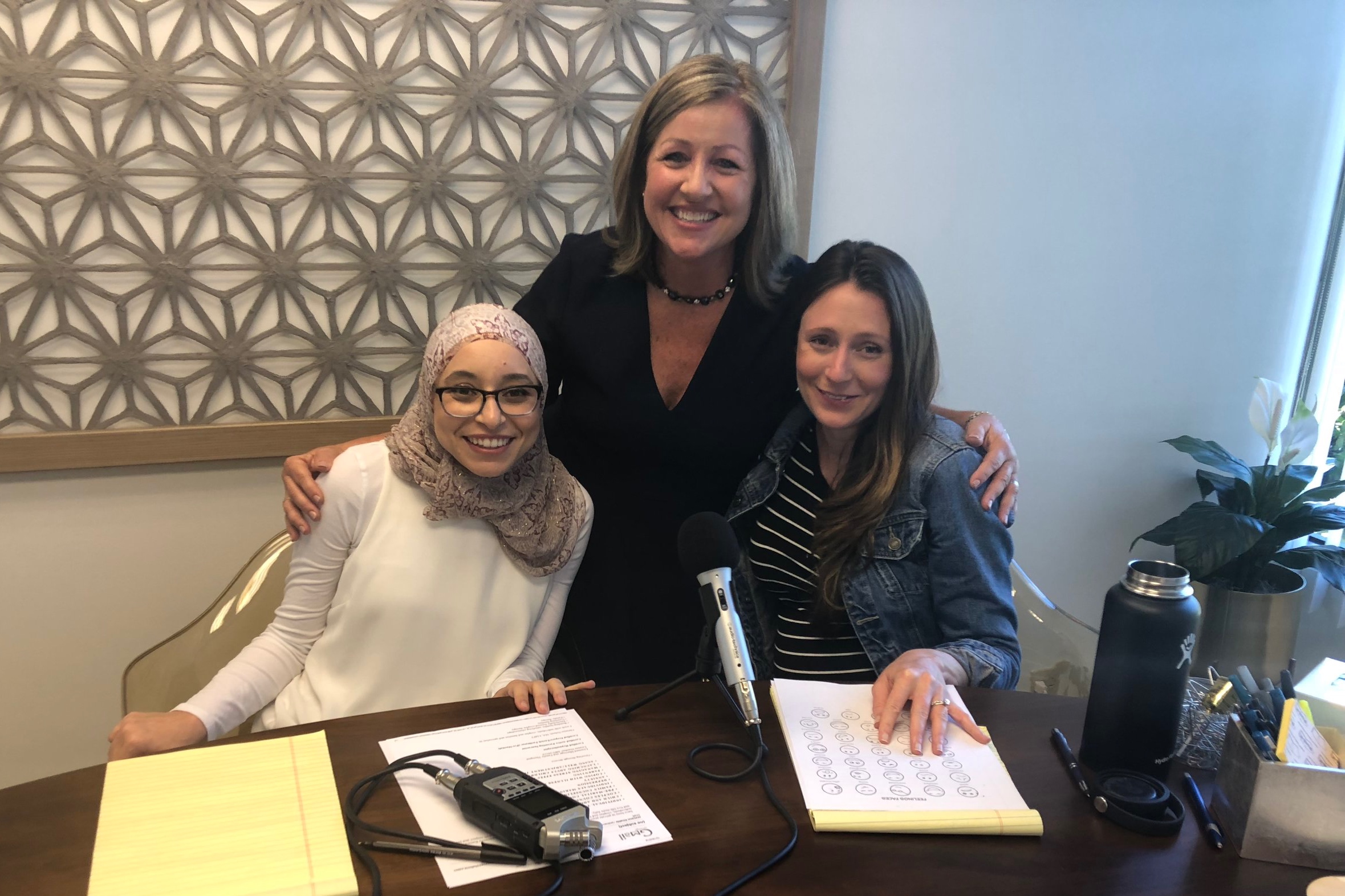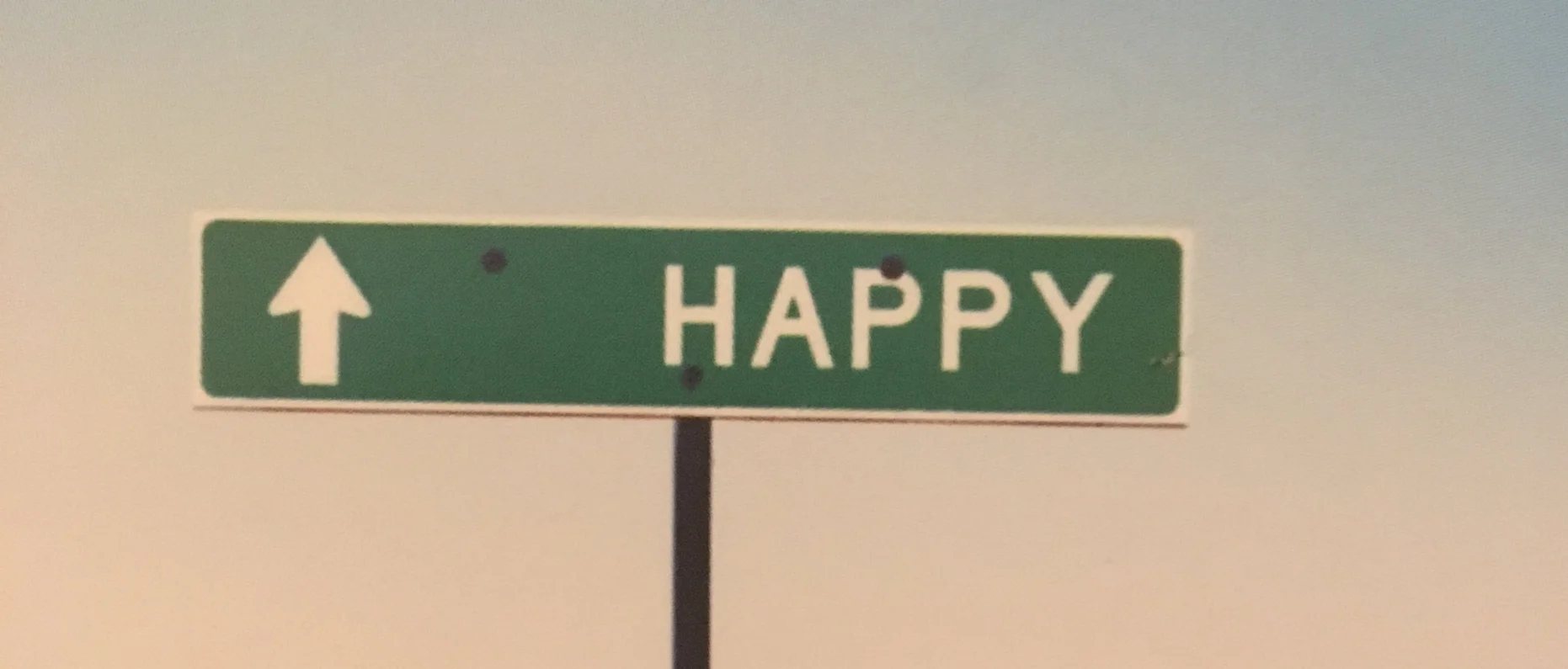Americans are just getting settled into our new temporary normal, as we join people from around the world who are staying inside our homes and social distancing while we await more medical testing becoming available for determining our actual COVID-19 rates in our communities. Uncertainty is one of the most difficult situations to deal with. We are more isolated and dealing with job losses, financial worries, children being out of school, fears about getting ill, and concerns about getting food and medicine.
Losing our usual routines is stressful and increases anxiety. Isolation can increase depression. Taking care of your emotional health at this time is important, too. Here are some ideas that could help you cope with all of this uncertainty:
Stay in touch with close friends, family and neighbors by phone call, text messages and FaceTime. Each day, reach out to a few people to check in with them. Connect virtually several times a day.
Try your best to meditate twice a day. You can do it on your own, with a partner or family members. Anxiety is greatly reduced through meditation. It brings down your heart rate and has many physical and emotional benefits. You can start by sitting or lying down quietly, taking a deep cleansing breath in to a 4-count and release the breath with any tension to a 4-count. Then scan your body from head to toe, one body part at a time, to release any tension. You can not meditate wrong. If random thoughts come up, that’s normal, and just notice them and let them go by. I also like the apps Calm and Head Space and podcasts like Mindful Meditations (from the UCLA Mindfulness Awareness Research Center), and Meditative Story. Smiling Mind is a free meditation app for children.
Exercise is a key for managing anxiety and depression, so do what you can do at home, on your patio or back yard. Consider a brisk walk twice a day in your neighborhood if you can stay 6 feet away from others.
Limit caffeine. It increases anxiety.
Don’t numb yourself with alcohol or other substances.
Take reasonable action to prepare for staying shut in, without overdoing it. If you can, limit grocery shopping to once a week. If possible, do cooperative grocery shopping where you team with a neighbor or relative who is nearby and each one of you goes for groceries once a week and drops off for the other person.
Take care to cook healthy meals as we have this opportunity to be at home to do it. Keep set meal times if possible.
Every time you wash your hands for 20 seconds, think of 3 things you are grateful for. Gratefulness is a healthy mindset shift.
Explore online resources for cultural and entertainment options. Some musicians like Yo-Yo Ma and others are offering free online concerts. The top ten museums in the world have free online tours. Be creative to see what kinds of online adventures you can create.
Stay in the present. Focus on today. Setting a structure for your day and week is helpful.
Setting small daily goals and new healthy habits will help you become more emotionally resilient. It could be taking a daily walk, cleaning a drawer or closet, or cooking something your mom used to make when you were a child. They are all small choices to do an activity that IS in our personal control.
Find creative activities you can do at home, like drawing or playing music. If you have a garden or a patio, tending your plants brings down anxiety and quiets the mind. Playing cards, games or doing puzzles can be helpful.
Limit the intake of news. Once or twice a day is likely enough to let you know what you need to know about new developments. A constant stream of news can overwhelm you. The last hour before bed, turn off the television and do something like reading, listening to music or having quiet time to wind down before you close your eyes for the night. (Think of a plane preparing for landing.)
For parents, remember you are under a lot of stress, likely with your children home indefinitely from school and trying to work from home as well. Be patient with yourself. Keeping yourself calm is essential for setting the emotional tone your children will feel in your home. Children and teens are stressed, too, and feeling the loss of their regular friend contact and normal routines. Scheduling a making pizza night or a board game night could really help give little things to look forward to.
Children also need to be reassured that we will get through this over time. They need to play. Your children and teens need to have you listen to what their concerns and worries are. They especially benefit from adults staying calm. College students who have moved home are grieving missing out on their expected college experience.
Know that even in California, where we are now on stay-at-home orders, counseling is an essential service and you can still reach me or any other licensed therapist for counseling. I am also offering counseling by phone and video. I can work with your schedule and availability. If you are out of work, I can reduce your fee. This coronavirus chapter could be here for quite a while, and if you need support, please reach out to get it. Cognitive Behavioral Therapy (CBT) can be very effective for reducing anxiety and depression, even by phone.
For now, focus on making this home confinement as good as it can be, and as much as you can be loving, gentle and compassionate with yourself and others.




















